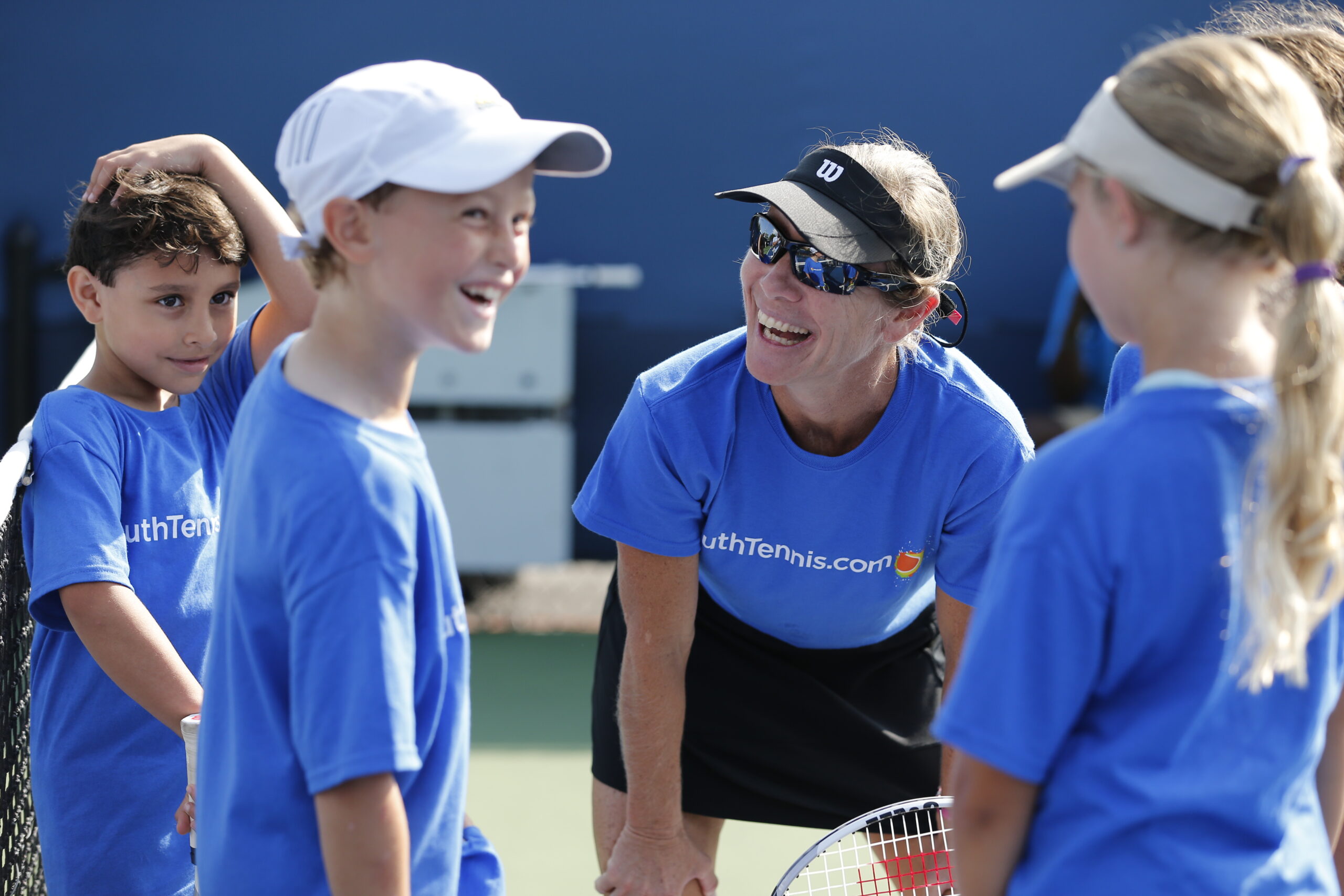Call to Action
Prioritize Coaching Frameworks That Focus on Health, Safety, and Overall Well-Being
Coaching frameworks help define what good coaching looks like and how to support it. They guide what coaches learn, how they’re trained, and build a shared understanding of quality in youth sports. When coaching frameworks go beyond sport specifics to include health, safety and wellbeing, they better shape how coaches lead their teams, translating to better sport experiences that allow kids to thrive.
→What this looks like when we get it right: We’ve identified coaching frameworks that focus on health, safety, and well-being and used them to guide what coaches learn and how they are trained.
→Who can drive this change? Data & Research; Coach Education; Sports Governance; Program Operators; Non-Government Funders & Subsidiaries; Government Institutions

Why This Issue
The best coaching frameworks set the standard for great coaching. They guide what coaches learn and how they can be trained. They outline the key skills, strategies and methods coaches need to support the learning and development of young people in sport.
When these frameworks support the whole person, alongside sport-specific skills, they help create better experiences for kids and teens in sport. Some of these frameworks already exist and have helped improve youth sport. Even so, many frameworks center the specifics of their sport, with too little attention paid to social, emotional, and mental well-being.
When coaching frameworks leave out wider youth development needs, it leads to gaps in priorities, training and messages. Coaches are more likely to miss, ignore or misunderstand youth needs. As a result, kids can end up feeling left out, burned out, or pushed out. This keeps sport from doing what it does best: building confidence, connection, and lifelong skills.
Getting Started
Identify and champion existing frameworks that focus on health, safety, and well-being. We need to prioritize and make quality frameworks accessible to a general audience. These frameworks should guide what coaches learn and how they are trained. Sport leaders and policymakers should recognize them as a guide for implementing youth sports nationally.
Update existing and emerging models. Frameworks that are missing the whole-child focus should be revised. New frameworks should be developed through the lens of health, safety, and well-being. Once a strong foundation is in place, coach training content should be audited and updated to align with these frameworks.
Take action across the youth sport sector. Researchers, coach education providers, national sport organizations, local program leaders, funders, and policymakers each have a distinct role to play.
- Researchers and data leaders can review current frameworks, identify which focus on overall well-being and which need to be updated, build the evidence for how they impact youth, and track where and how these frameworks are being used through a national dashboard or clearinghouse.
- Coach education providers can use these frameworks to shape the way coaches are trained.
- National sport organizations can adopt them, build them into certification systems, and set clear standards for what coaches should know and be able to do.
- Local program leaders can look at the frameworks they are currently using, confirm they align with youth development goals, and speak up when they don’t.
- Funders can back training models and frameworks that support the whole child and reward programs that follow best practices.
- Policymakers can help align systems by setting standards, encouraging accountability, and tying funding to the use of frameworks that reflect whole child development.
- Families can ask programs how coaches are trained and if their approach supports kids’ overall well-being.
Coaches can make or break the sport experience, and they are often one of the most important people in kids’ lives. Prioritizing frameworks that put health, safety, and well-being at the center of coaching will build the foundation for a sport system that is more consistent, welcoming and helps kids thrive.
Game Changing Content
| Item | Description |
|---|---|
| Ambitious Coaching UW Center for Leadership in Athletics |
Holistic approach to individual and team instruction that blends social-emotional growth and improved sports performance. |
| Double Goal Coach Positive Coaching Alliance |
Positive coaching approach where the first goal is striving to win. The second, and even more important, goal is teaching life lessons. |
| Quality Coaching Principles USOPC | The skills and attributes of quality coaching, taken from five core principles: essential knowledge, contextual fit, athlete-centered coaching, evaluation/recognition and coach wellbeing. |